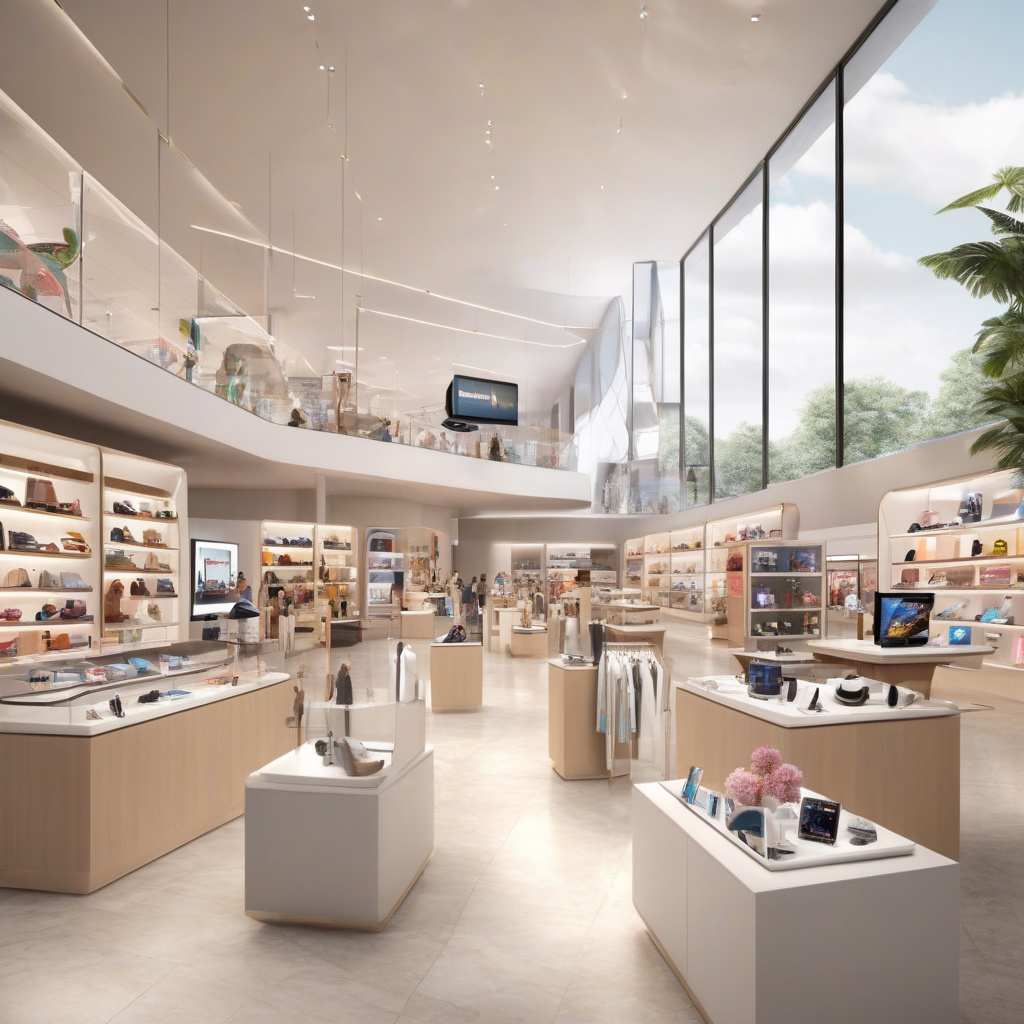Meta, the tech giant formerly known as Facebook, is setting its sights on expanding its retail presence, as reported by Business Insider. This strategic move comes as Meta intensifies its focus on wearables, particularly its Ray-Ban Meta glasses and Meta Quest VR headsets. By increasing the number of physical stores, Meta aims to enhance the overall customer experience and drive sales of its hardware products.
The decision to open more retail stores aligns with Meta’s broader business strategy, emphasizing the importance of connecting with consumers in tangible ways. While online sales have been a significant driver of revenue, especially in the current digital landscape, physical retail locations offer unique advantages. In particular, these stores provide customers with the opportunity to engage directly with the products, try them out, and receive personalized assistance from knowledgeable staff.
Imagine walking into a Meta retail store, greeted by sleek displays showcasing the latest in wearable technology. Customers can slip on the Ray-Ban Meta glasses, experiencing firsthand the innovative features and immersive capabilities. Similarly, the Meta Quest VR headsets beckon curious visitors to embark on virtual adventures, demonstrating the limitless possibilities of augmented reality. These hands-on experiences not only showcase the products’ capabilities but also create lasting impressions that online descriptions alone cannot replicate.
Moreover, retail stores serve as hubs for building brand loyalty and fostering community engagement. Beyond just selling products, Meta’s physical locations can host workshops, demonstrations, and events that enrich the customer experience. Whether it’s a virtual reality gaming night or a tutorial on creating augmented reality content, these initiatives help forge stronger connections with consumers and position Meta as a leader in the wearable technology space.
From a sales perspective, the impact of retail stores extends beyond immediate transactions. By establishing a physical presence, Meta gains visibility in high-traffic areas and increases brand awareness among potential customers. Even those who may not make a purchase during their visit are exposed to Meta’s products and innovations, planting seeds for future interest and engagement. In essence, retail stores serve as powerful marketing tools, driving both short-term sales and long-term brand recognition.
Furthermore, the retail environment offers valuable insights into consumer preferences and behaviors. Through in-store interactions, Meta can gather firsthand feedback on its products, understand customer needs and desires, and adapt its offerings accordingly. This direct line of communication with consumers enables Meta to iterate quickly, address pain points, and refine its hardware products to better meet market demands. Ultimately, this customer-centric approach can lead to more tailored, appealing products that resonate with target audiences.
In conclusion, Meta’s decision to expand its retail footprint signifies a strategic move to strengthen its position in the wearables market. By leveraging physical stores to showcase its Ray-Ban Meta glasses and Meta Quest VR headsets, Meta aims to drive sales, enhance the customer experience, and foster brand loyalty. Through hands-on demonstrations, community events, and strategic marketing, Meta’s retail stores have the potential to not only boost immediate sales but also shape the future direction of its hardware offerings. As Meta continues to innovate and evolve, its retail stores serve as vital touchpoints for connecting with consumers and shaping the future of wearable technology.

